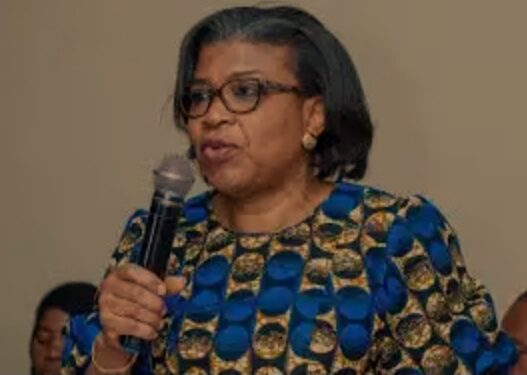The Debt Management Office (DMO) reveals that bids worth N330 billion flooded in for the November 2023 FGN bonds, surpassing the offered N90 billion, resulting in an extraordinary oversubscription rate exceeding 300%.
Investor interest heavily tilted towards the 30-year bonds, presenting a sharp contrast to the lukewarm response to shorter tenor notes. Bonds maturing in 2029, 2033, and 2038 faced subdued enthusiasm, with the 2029 bonds achieving only N34.7 billion against a N90 billion target.
Similarly, the 2033 and 2038 bonds fell short, gathering N33 billion and N47 billion, respectively.
Analysts attribute the preference for longer-term bonds to their perceived higher yields compared to projected inflation rates of 12-13%.
Investors strategically opt for securities promising returns that outpace anticipated inflation over an extended period.
The 30-year bonds, boasting a lucrative coupon rate of 15.70%, witnessed 206 successful bids out of 211, featuring interest rates ranging from 15.70% to 20.0%, culminating in a record yield of 18%.
This impressive performance unfolds against the backdrop of escalating inflation in Nigeria, reaching 27.33% in October, as reported by the National Bureau of Statistics.
The disparity in market responses underscores Nigeria’s intricate economic landscape.
While the robust uptake of 30-year bonds reflects confidence in the nation’s long-term economic outlook, the underperformance of shorter-tenor bonds and the high inflation rate paint a nuanced picture of investor sentiment and economic stability.
For investors, these market dynamics emphasize the importance of a strategic approach, weighing the allure of high yields against Nigeria’s macroeconomic conditions.
The imminent release of inflation data will play a pivotal role in shaping future market trends and influencing investment decisions.











